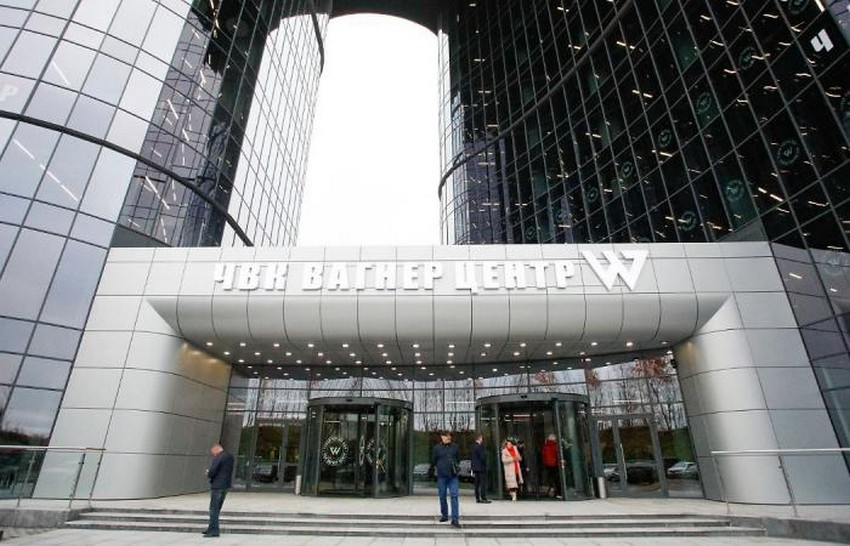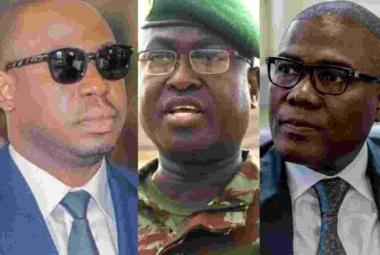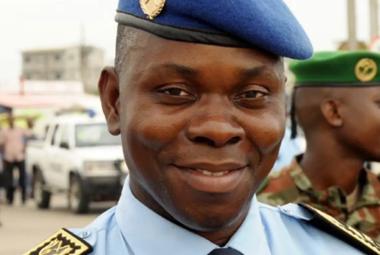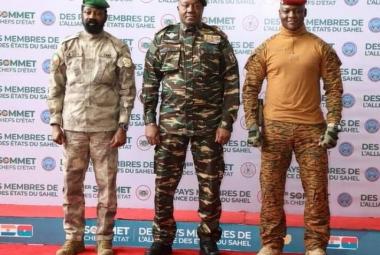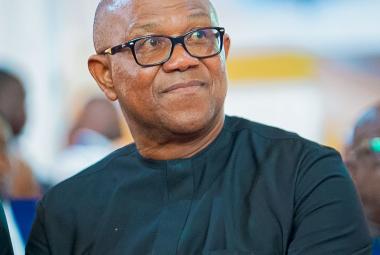The Russian mercenaries of the Wagner Group are no longer hiding. After having used prevarications for a long time and kept their relations with President Vladimir Putin vague, the group is now showing its true face. Witness the inauguration on November 4, 2022, in Saint Petersburg, of the new building that will house its administrative center.
1 - Who is Evgueni Prigojine, the founder of the Wagner Group?
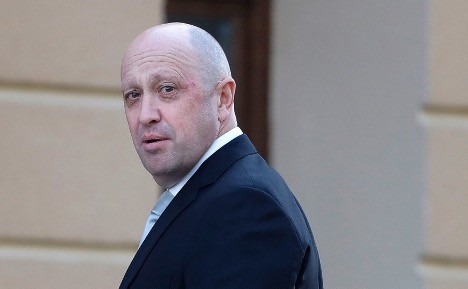
the founder of the Wagner Group.
Businessman Yevgueni Prigozhin is an Oligarch. He is nicknamed "Putin's cook". Indeed, it was his catering company that supplied the Kremlin. As a result of his activities, the businessman who is also one of the closest of the Oligarchs that Putin has made, is subject to financial sanctions by the European Union and the United States of America. America.
The boss of the Wagner Group has already announced the future actions of his group, stating: “We plan to open new branches in Russia, if the experience is conclusive”.
2 - What is the Wagner Group?
In a press release, Evgueni Prigojine declared that it was to send seasoned fighters to the Ukrainian Donbass in 2014 that the Wagner Group was created: "It was then, on May 1, 2014, that a group of patriots which took the name of the Wagner Battalion Tactical Group”, he specifies in this press release (…) I cleaned the old weapons myself, I sorted the bulletproof vests myself and I found specialists who could help me with that”.
The Wagner Group is a paramilitary company. It provides several services on demand, including fighters, military instructors, advisors. It is therefore a private company which does not represent the Army of Russia but which depends, in one way or another, on the will of the President of Russia, Vladimir Putin. This is why many consider the Wagner Group mercenaries to be Vladimir Putin's "Shadow Army". Which, through Yevgueni Prigojine, can act as it pleases not only within its own country but also outside it. And without having to render accounts on the international level. It is neither more nor less than an armed militia.
Yevgeny Prigojine is the tip of the iceberg. He manages the administrative and financial affairs. But it is the very discreet Dmitri Outkin, a veteran of Russian military intelligence like Vladimir Putin, who is the hidden face and the one who is truly in charge of military operations.
3 - Who is Colonel Konstantin Pikalov?
According to the investigation site Bellingcat, the man who is in charge of the missions intended for Africa might be Colonel Konstantin Pikalov. He not only officiates as the Wagner Group's "Mr. Africa". He is also a political and military council which benefits from the support of the Kremlin. And, as such, he watches over and takes care of the training of the armies of the African countries in which the Wagner Group is present.
4 – In which African countries is the Wagner Group present?
The Wagner Group is present in Africa, the Middle East and of course in Ukraine, at the moment.
For the time being, in Africa, the Russian mercenaries of the Wagner Group are present in Libya, Sudan, the Central African Republic, Mali, Burkina Faso...
In all these different countries, the Wagner Group pays itself directly through transactions that involve, in particular, the exploitation of the country's mineral resources or by other means. In the absence of financial resources which they often do not have to face the price to be paid for services rendered.
Documents obtained by the Organized Crime and Corrupt Reporting Project (OCCRP) and Le Monde have revealed new details about how notorious Russian mercenary group Wagner secured a stake in the gold industry in Sudan. For Richard Messick, a former senior operations specialist at the World Bank, who now consults for international organizations on legal development and anti-corruption: “The question is how these transactions [between Wagner and Sudanese military companies ] are carried out”. And to continue: “These are two very bad actors who should not be allowed to buy weapons, anywhere. If the payment is in gold, it must be closed. If it is through the international financial system, sanctioning authorities must ensure that companies and individuals associated with them cannot hold any [bank] accounts.”
5 – Why is the Wagner Group a danger in Africa?
In the Central African Republic, under President François Bozizé, there were South African mercenaries operating in the country. This situation has been strongly criticized at the level of the African Union. Consequently, the Pan-African institution had to take sanctions so that these paramilitary companies which operate illegally with the agreement of a legal Government of a State cannot have citizenship in Africa. Because all private African companies could also be tempted to use mercenaries to carry out missions in different countries in Africa. Curiously, with the departure of the South African mercenaries, it was the Russian mercenaries who took their place. But the texts on the African level are clear about soldiers of fortune. Under the Convention of the Organization of African Unity (OAU), made in Libreville, Gabon on July 3, 1977, it is stipulated among other things: "We, Heads of State and Government of the Member States of the Organization of African Unity. CONSIDERING the serious threat posed by the activities of mercenaries to the independence, sovereignty, security, territorial integrity and harmonious development of the Member States of the OAU (…) The Contracting Parties undertake to take all necessary measures necessary to eliminate the activities of mercenaries from the African continent". It is with this in mind that South Africa dissolved in 1993 the "Buffalo Battalion" or "Buffalo Group", formerly made up of white soldiers from Battalion 32, a special unit of the Apartheid regime but made multi-ethnic with the intervention in the war in Angola. Considered in its time as the best mercenaries on the planet, some of its elements had converted into a Mercenary Enterprise. It has long plagued Equatorial Guinea and the Central African Republic. Arlécio Costa, one of its former members killed, according to Prime Minister Patrice Trovoada, was accused on Friday November 25, 2022 of complicity in an attempted coup in São Tomé and Príncipe.
Need we point out that Gabon and Morocco were involved in the armed aggression by Bob Denard's French mercenaries on January 16, 1977, resulting in the breaking off of diplomatic relations between Benin Republic and Morocco under King Hassan II and Gabon under President Omar Bongo Ondimba of Gabon. Indeed, if we accept Russian mercenaries from the Wagner Group, we would then have to accept that any African society can have the same rights: to raise an army of mercenaries and put it at the service of any State. And any group of mercenaries would be able to overthrow a regime in any country in Africa, even without needing to invade it directly. And this is the great danger of the presence of the Wagner Group in Africa.
By Abdul Yazid



